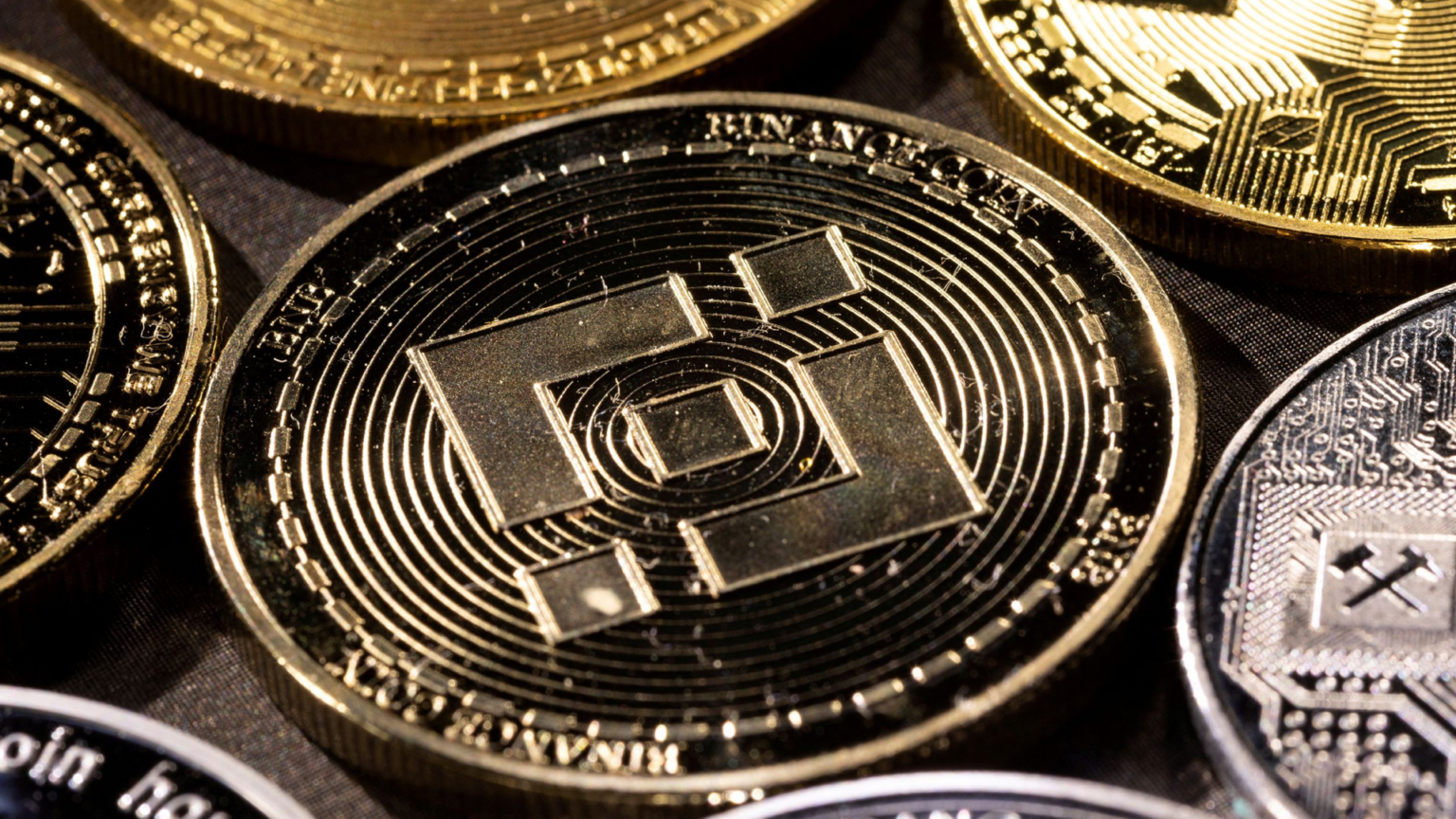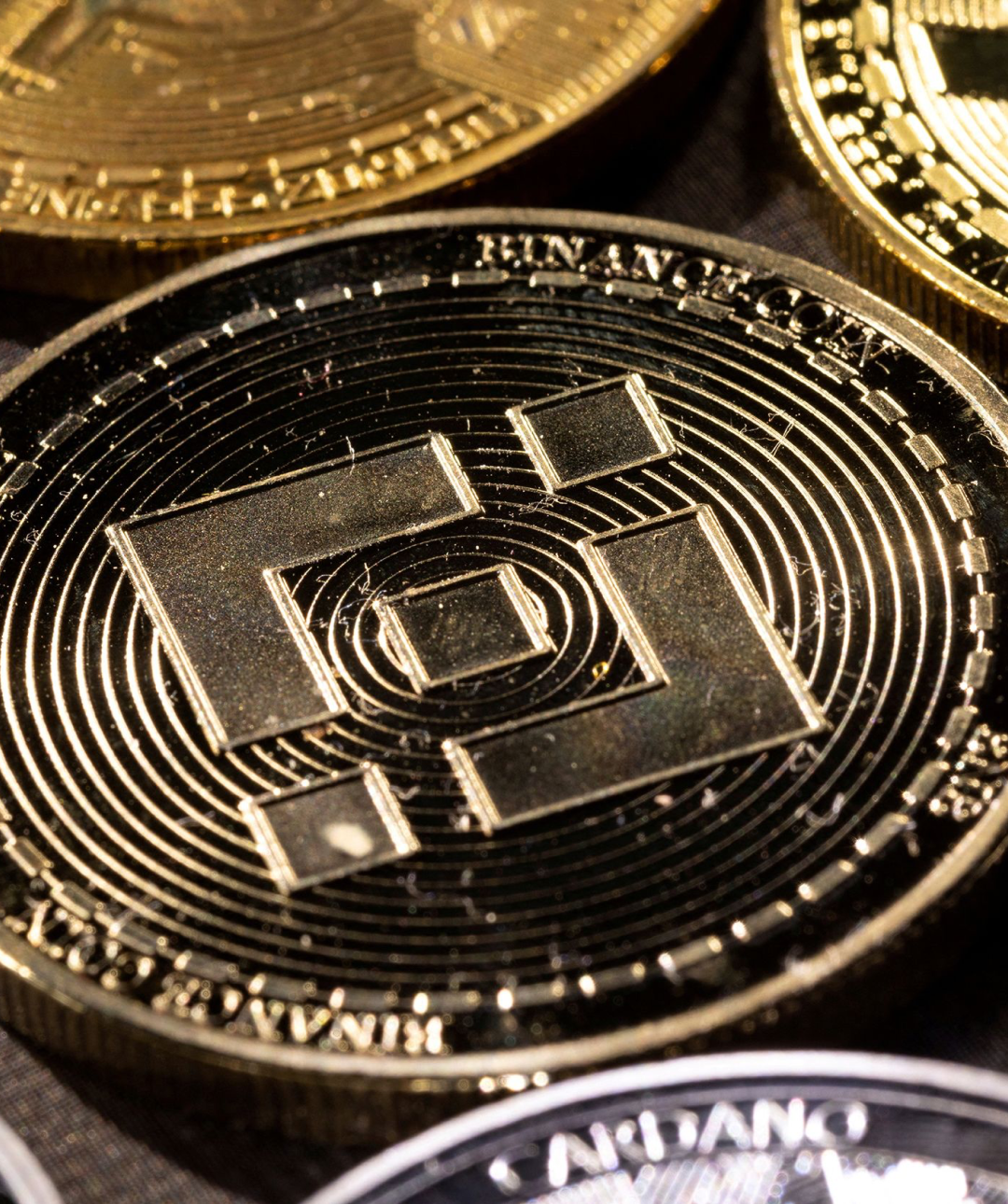

The news last week of money laundering charges against crypto exchange Binance and its CEO, Changpeng Zhao, sent shockwaves through both financial markets and crypto consumers alike. And understandably so. Before Binance’s settlement with US authorities, the company represented 60% of the market for crypto spot trading. And Zhao himself, as the Wall Street Journal noted, was the so-called “king” of crypto.
No more. With US authorities slapping more than $4 billion in penalties against the company, Binance risks becoming a shell of its former self. And Zhao joins a roster of once-feted crypto chiefs who have since fallen from grace.
But while many pieces of analysis have focused on what this means for the future of the crypto industry itself — or whether the industry can even recover from such stupendous scandals — observers risk missing the forest for the trees about what good news this settlement is. American authorities’ moves against Binance and Zhao illustrate that Washington is finally taking the threat of trans-national money laundering in crypto seriously — and that the US is finally focused on tackling one of the favorite tools that kleptocrats, oligarchs and dictators around the world rely on to launder their wealth, evade sanctions and bankroll everything from terrorism to anti-democratic crusades.
Just look at what Binance and Zhao were accused of, and who they are accused of enabling. American authorities alleged that the crypto giant allowed terrorist financing for Hamas’s Al-Qassam Brigades, Al-Qaeda and ISIS, along with child sex abuse and narcotics transactions. American authorities uncovered networks connected to Russian illicit finance, as well as to sanctioned Iranian entities.
Taken in total, the details are shocking. But for those familiar with the history of modern money laundering, they’re hardly surprising. Binance may be the biggest crypto house exposed, but it is simply the latest in a long line of financial institutions whose lack of money laundering oversight — and willingness to look the other way — has drawn in staggering amounts of illicit wealth and attracted the world’s leading criminal rings and kleptocratic regimes.
If anything, this is a pattern that we’ve seen time and again over the past few decades, and one that’s hardly unique to crypto. Whenever an industry emerges without sufficient money laundering controls, it begins sucking up illicit finance, laundering untold wealth in the process — and often leading to spectacular scandal as a result.
Join us in helping save lives and stand up to tyranny.

Reach out with any questions or support needs.
Become part of our mission-driven team.
Find answers to commonly asked questions in our FAQs.
Hit enter to search or ESC to close